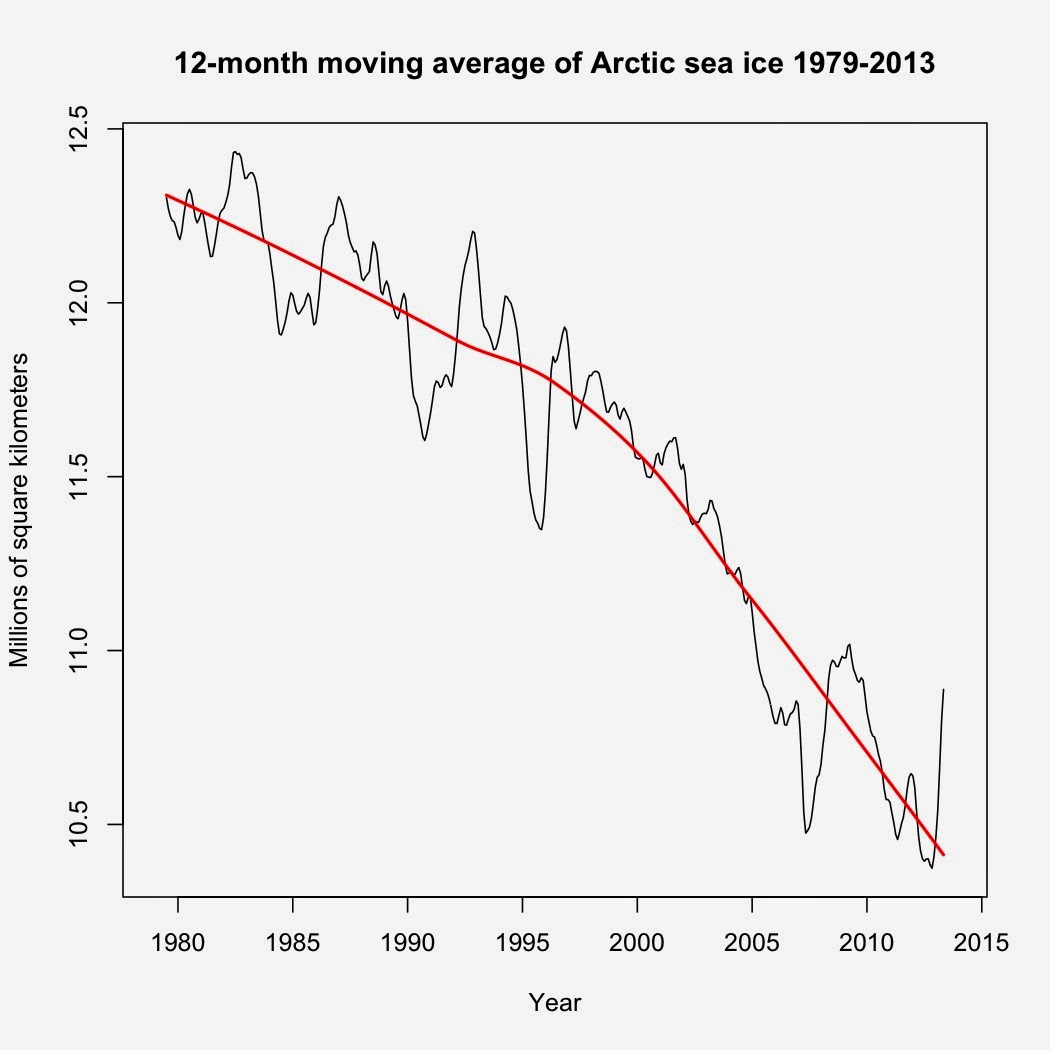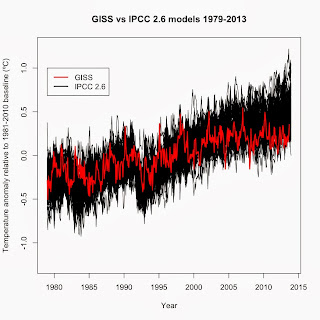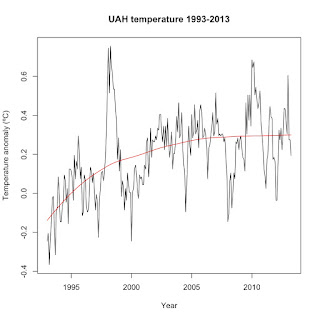Global warming, The Wall Street Journal, and John Gordon

John Steele Gordon published a commentary in The Wall Street Journal on July 30 that, on its face, sounds reasonable. Gordon makes the case that we should be cautious about calling climate science settled as science is always changing. No real quibbles there, as science has shown that nothing is ever truly "settled" science. Unfortunately, that's as close to reality as Gordon comes. The rest of the commentary simply shows off Gordon's simplistic view of history, science, and, especially, the current state of climate science.








